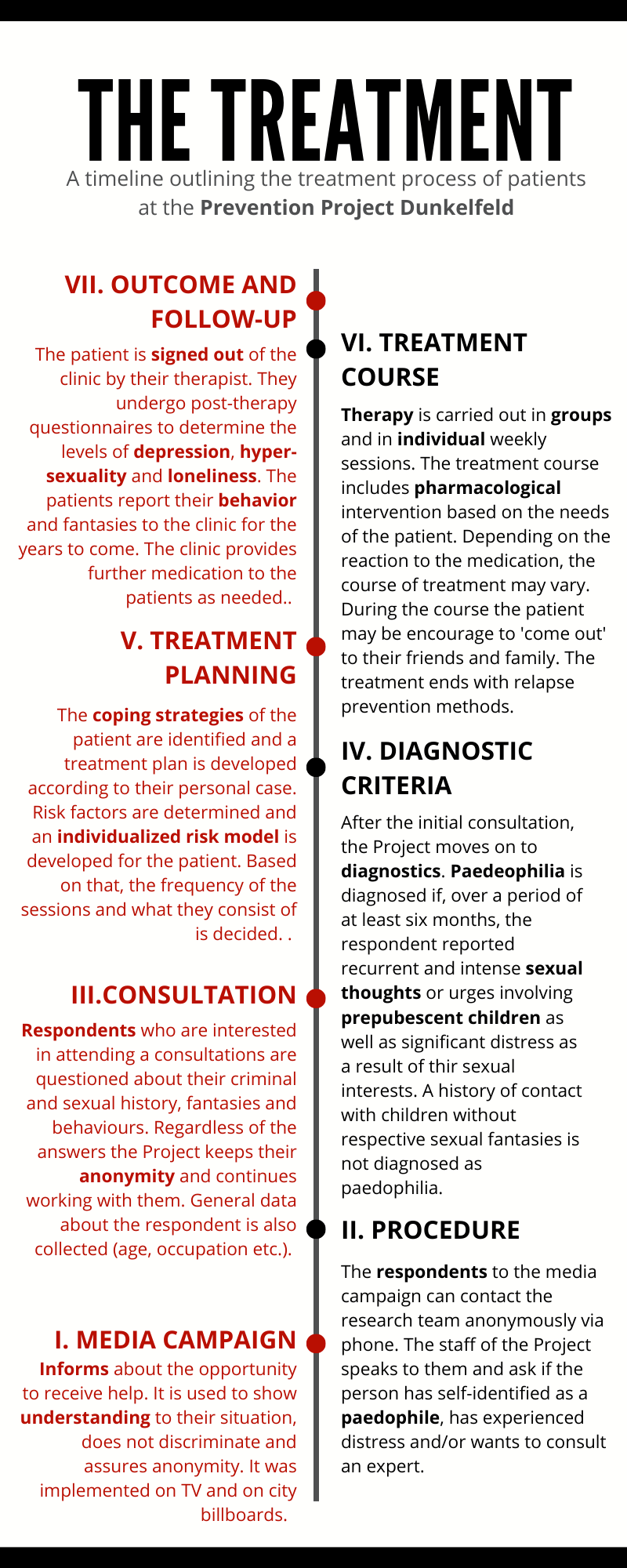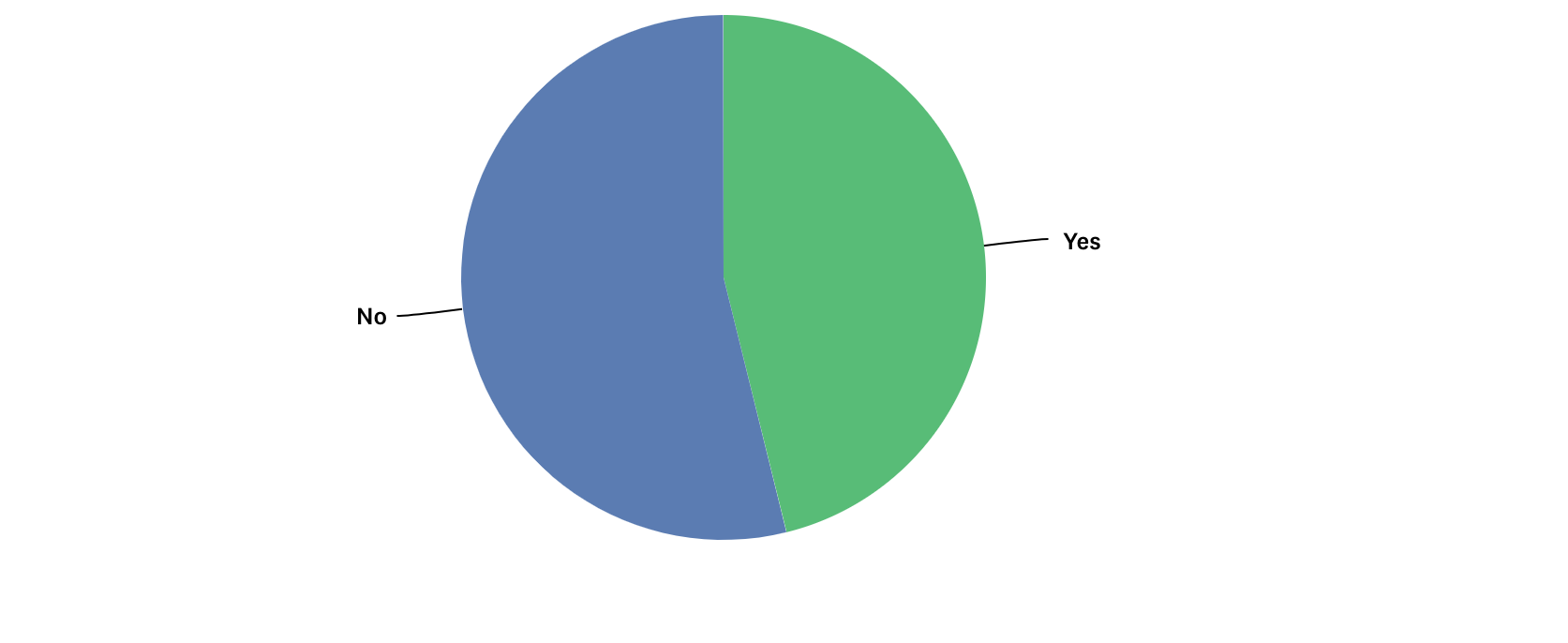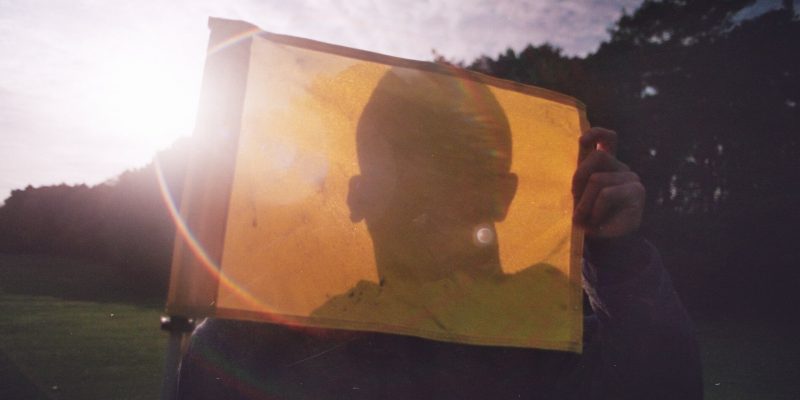“You need to know that the legal authorities are only aware of the tip of the iceberg. Ninety percent of all offences are not accounted for.”
This is what Professor Klaus Beier told me the first time we spoke. He is a Professor of Sexology at the University Clinic of Berlin. What he referred to was the child sexual abuse crimes committed all over Europe not known to the police. He deems those crimes to be in the ‘Dark Field’ or in German, the ‘Dunkelfeld’.
A quite haunting word. So much so, that he named the first project for treatment of paedophilia after it. He initiated Prevention Project Dunkelfeld in Berlin in 2005. Since then it has branched out all over Germany, and claims to have admitted 10,000 people into treatment.
The Dark Field is the place where all unknown child sexual abuse happens, and also where people downloading and distributing child sexual abuse material reside.
“Offences done in the Dark Field happen all the time, in every society.”
Professor Beier explained, adding that anyone who voluntarily shows up can receive treatment at Prevention Project Dunkelfeld. This includes individuals who have already committed offences and are not known to the authorities, but also those who are aware of their paedophilic inclinations and wish to get treatment before they act out. The latter are the so-called non-offending paedophiles. Below is a campaign video used to advertise the program.
“When somebody who has acted out comes to the clinic, we start immediate treatment and take care that they never act out again. We can help them treat the psychic symptoms, the social isolation and take care that they don’t put their thoughts into practice.”
Germany law directs that when somebody admits themselves into the prevention clinic, they have to receive confidential treatment. Even if the patient discloses that they have engaged in child sexual abuse, contacting the authorities would be breaking that pledge of confidentiality.
This is why the prevention work has been going so well, according to Professor Beier. Another reason is that the treatment is free of charge.
“The health insurance system has to pay for the treatment of paedophilia, even if the person has already offended.”
THE TREATMENT
It is undertaken in groups and individually. Groups are respectively divided in non-offending and offending paedophiles. After which, risk factors are assessed. The program measures the treatment in terms of reducing those risk factors that may trigger a certain individual to offend or re-offend.
According to Professor Beier, pharmaceutical options are also used to reduce the obsessive urges, depending on the severity of the case. “A very successful pharmaceutical treatment is androgen deprivation. It includes two medications – one that blocks the receptors of testosterone and another to primary lower the testosterone production.”
The average length of treatment of paedophilia is 18 months for both groups and individuals. Patients do not sign themselves out, the final decision is made by their therapist.

Despite the treatment, it is unclear how the project determines that patients won’t go back to their deviant ways or give in to their urges after the program.
“The success rate is based on information we will get from the patients themselves,” tells me professor Beier. According to the project’s data, post-therapy scores show significant improvement in most participants. As well as plummeting levels of depressiveness, loneliness and hyper sexuality.
“At the moment we don’t have additional sources, but we are looking into future possibilities for monitoring the impact of the treatment.”
He explained that the project is working on developing different neuroimaging techniques, in order to be able to follow the impulse control of an individual after finalizing the treatment. This technique is used to image the structure, function and reactions of the nervous system.
THE LUCY FAITHFULL FOUNDATION
A synonymous treatment program is the Lucy Faithfull Foundation (LFF) in the UK, which also has a helpline – StopItNow.
This non-governmental organization treats sexual offenders, alleged or convicted, and helps their families and children. The helpline offers confidential support for people who have deviant sexual thoughts and behaviors.
LFF is contracted by local authorities and the courts in proceedings with a history of convictions (or allegations) of child sexual abuse. Upon those requests, it works with an alleged abuser conducting a risk assessment, to decide if it is safe for the person to stay in the same house as children.
“The foundation doesn’t get to conduct assessments in child sexual abuse cases too often, as nobody will fund it,” tells me Michael Sheath, a team manager at the LFF. “Local authorities simply try to keep the man from returning home, because it’s, to be cynical, cheaper than court proceedings.”
Michael highlights a lack of funding for the foundation, which he feels stems from intolerance of the public towards treatment of paedophilia.

Many times when a charity or foundation works with child sex offenders the public identifies it as being ‘sympathetic’ to said offenders.
“People just like them to be horrific monsters. Irredeemably bad and dangerous. If you say that, you get funded because you’re fighting monsters. Nobody’s very interested in you dealing with dysfunctional, sometimes messed up men.”
The StopItNow helpline concentrates on both preventing the initial occurring of the offence and diverting persons who are on the road to offending. It also provides treatment to people who have been convicted. However, it is facing difficulties with support, as the public doesn’t know much about primary prevention.
Whereas the Prevention Project Dunkelfeld has been widely supported, it also had difficulties promoting its work.
“We had to convince the public to accept this as a way of saving children’s lives. Another way of protection,” told me professor Beier.
Michael argues that the first step of prevention and treatment is to look at this issue straight and work with it rather than around it.
“We’ve struggled with funding for the 26 years we’ve been in existence because people think organizations like ours advocate for sex offenders,” Michael tells me.
He argues that the public must understand the importance of primary prevention, before the LFF can work efficiently.
“People disprove of these methods, because they think the issue with sex offenders is ‘horrible and disgusting’. But simply disproving of something does not make it stop.”
More from this article


 Deviant Desires Audio | How a trauma survivor started treating paedophilia
Deviant Desires Audio | How a trauma survivor started treating paedophilia